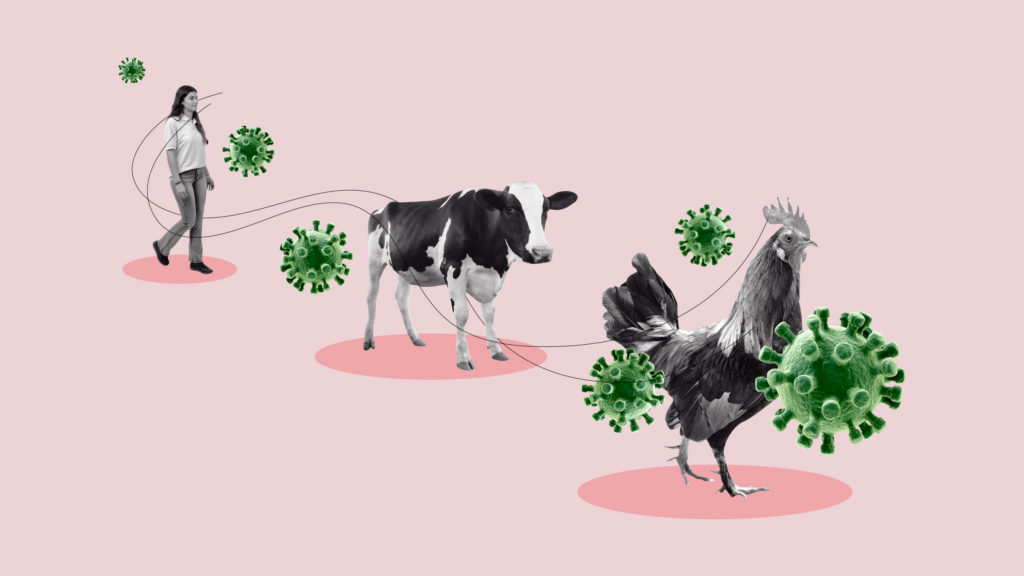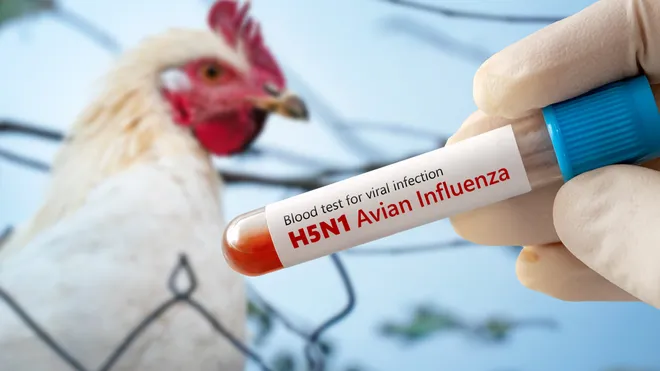The recent global surge in Avian Influenza (commonly known as Bird Flu) is a serious concern for poultry farmers in Eswatini. This highly contagious disease, primarily affecting birds, can have devastating consequences for the local poultry industry and the livelihoods of farmers.
Understanding the Threat:
Avian Influenza is a viral infection that can spread rapidly among birds, leading to significant mortality rates. While some strains primarily affect wild birds, others can also infect domestic poultry like chickens, turkeys, and ducks.
Impact on Eswatini’s Poultry Industry:
- Disease Outbreaks: An outbreak of Avian Influenza in Eswatini could lead to mass culling of infected flocks, resulting in significant economic losses for farmers.
- Market Disruptions: The outbreak could disrupt local and regional poultry markets, impacting the supply and demand of poultry products.
- Reduced Income: Reduced production and market disruptions can severely impact the income of poultry farmers, potentially threatening their livelihoods.
- Increased Costs: Implementing biosecurity measures and managing outbreaks can incur significant costs for farmers.

Urgent Action for Eswatini’s Poultry Farmers:
- Enhanced Biosecurity: Implement strict biosecurity measures on your farm to minimize the risk of infection. This includes:
- Restricting access: Limit access to your poultry houses to essential personnel.
- Proper hygiene: Ensure thorough cleaning and disinfection of all equipment and vehicles entering the farm.
- Biosecurity zones: Establish clear biosecurity zones to prevent the introduction of the virus.
- Surveillance: Monitor your flocks closely for any signs of illness, such as decreased appetite, lethargy, and increased mortality.
- Early Reporting: Report any suspected cases of Avian Influenza to the relevant authorities immediately.
- Cross-Contamination Prevention:
- Isolate sick birds: Immediately isolate any birds showing signs of illness.
- Prevent contact: Minimize contact between poultry and other livestock, particularly pigs and cattle, as they can also be susceptible to certain strains of the virus.
A Call to Action for All Livestock Farmers:
- Increased Vigilance: All livestock farmers, not just poultry farmers, should be vigilant for any signs of illness in their animals.
- Biosecurity Measures: Implement basic biosecurity measures on all farms to minimize the risk of disease transmission.
- Collaboration: Work closely with the Department of Agriculture and other relevant authorities to report any suspected outbreaks and receive necessary guidance.
The Avian Influenza outbreak poses a significant threat to the poultry industry in Eswatini. By implementing proactive measures and working together, farmers can minimize the impact of this disease and safeguard their livelihoods.
Disclaimer: This information is for general knowledge and discussion purposes only. It does not constitute veterinary advice. Always consult with a qualified veterinarian for any animal health concerns.


